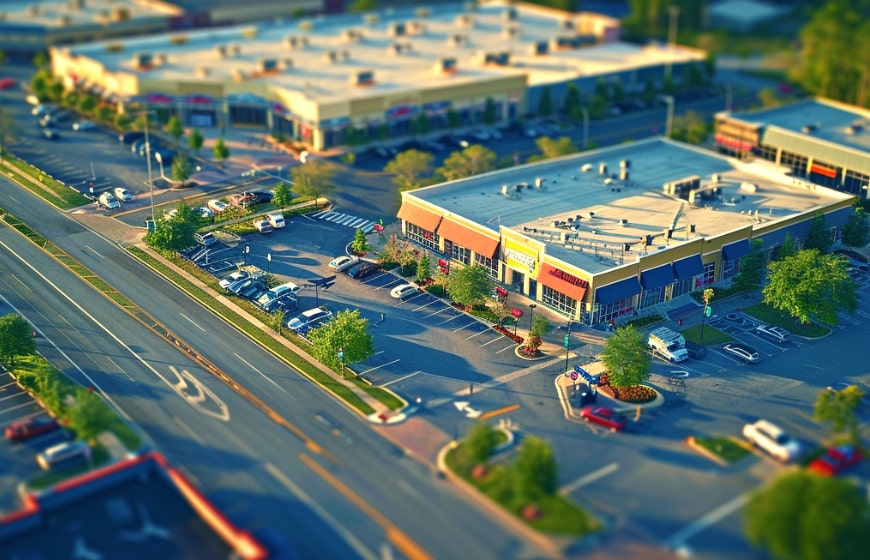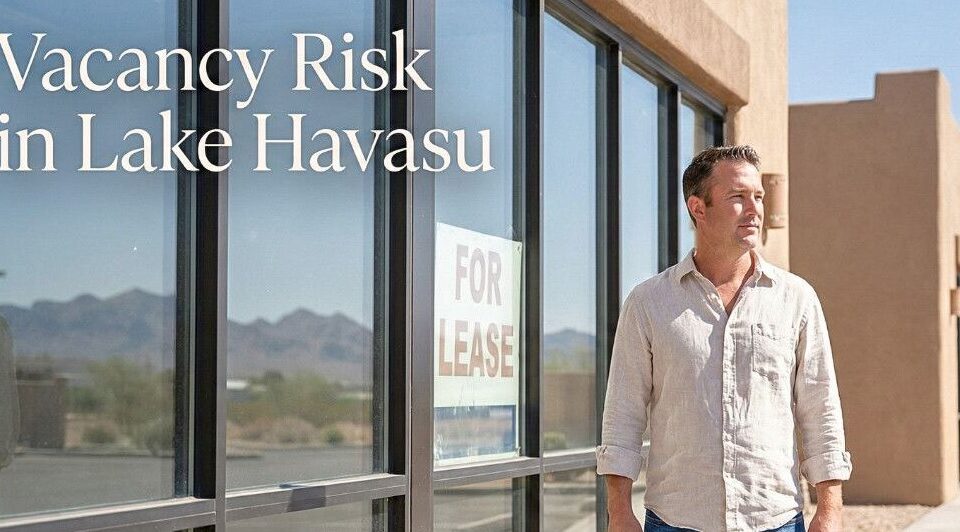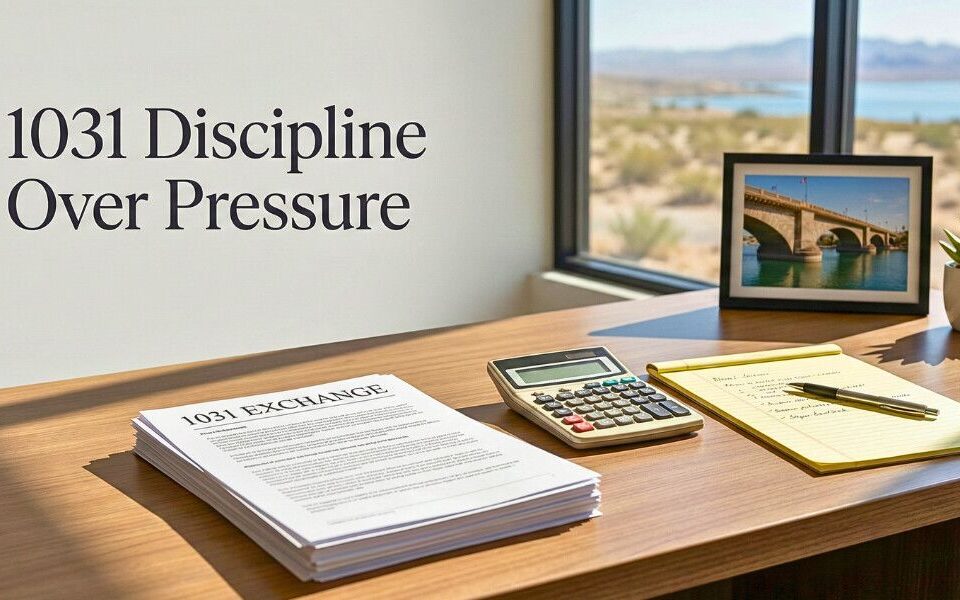What is Retail Real Estate?

What is Retail Real Estate? A Guide for New Investors
Retail real estate properties are commercial properties businesses utilize to sell and market goods and services. They include everything from convenience stores and supermarkets to big box stores and outdoor markets. A business sometimes owns the property it uses, but renting is also common.
Types of Retail Real Estate
Part of what makes retail real estate attractive is the many types of properties. The following are some of its common types:
- Single-tenant: Single-tenant properties have one building serving a single tenant. Common examples include convenience stores and fast-food restaurants.
- Strip Malls: These are smaller shopping centers with several tenants. It might include businesses covering a range of industries. Some strip malls may only have smaller stores, while others have one or two large anchor tenants.
- Community Shopping Centers: Community centers are larger and may serve multiple needs of the surrounding community. For example, it might have a grocery store, bank, and smaller retail store.
- Regional Malls: These are large indoor shopping centers that serve a broader area than community centers. They typically have a range of small retailers, with at least one large anchor store. Malls also usually have several dining options.
- Power Centers: Power centers are large shopping complexes with hundreds of thousands of square feet. They typically have multiple large stores. A Power Center might include home improvement, grocery, electronics, department stores, and more.
Benefits of Retail RE
Investors like retail real estate for several reasons. The following are some of the benefits that attract investors to retail properties:
- Low Barrier: New investors often choose retail because it has a lower barrier to entry. Something like a single-tenant property or small strip mall can start you on your investing journey.
- Reliable Income: Investors can expect reliable income from tenants’ monthly rent. The properties also tend to offer a good return.
- Long-Term Leases: Retail tenants want to stay in a location for a long time. That means they sign longer leases. It is another factor that makes them more reliable and stable.
- Diversity: Investors can benefit from diverse tenants when they invest in retail properties. You might have tenants ranging from food service and fashion to electronics and hardware.
This post provides a guide to the basics of retail property investing. However, there is much more to know before you invest. You might also want the help of local commercial real estate experts to navigate the market.




